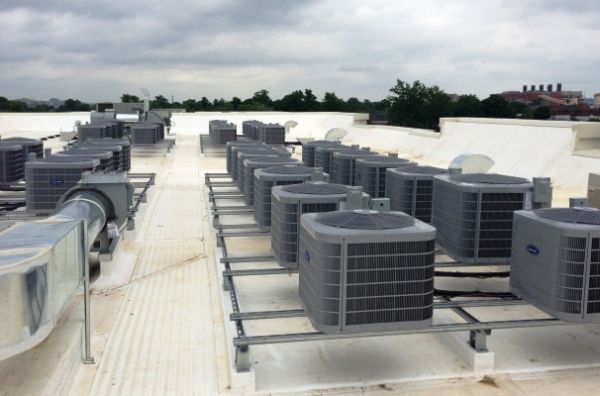In today’s world, eco-friendly practices are more crucial than ever as we strive to combat climate change and reduce environmental degradation. While essential for indoor comfort, HVAC systems are significant energy consumers and contributors to greenhouse gas emissions. Therefore, green HVAC systems are vital for enhancing energy efficiency and reducing emissions.
At IRBIS HVAC, we are committed to providing advanced, eco-friendly HVAC technologies. Our solutions improve indoor comfort and promote sustainability by minimizing energy consumption and environmental impact. By choosing IRBIS HVAC, you can enjoy a comfortable living or working space while contributing to a greener planet.
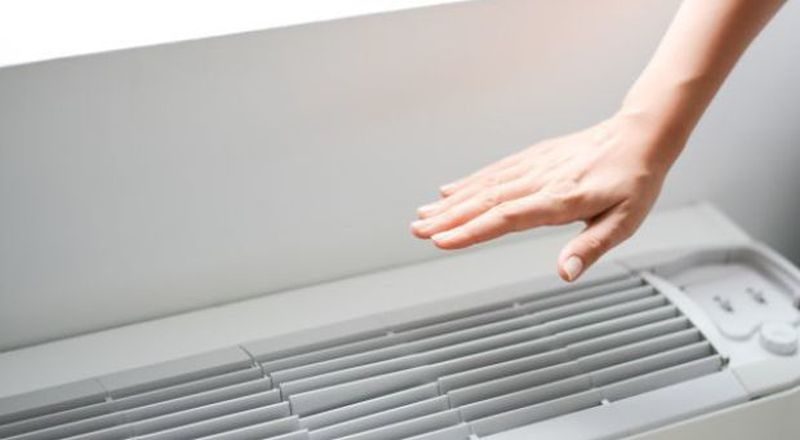
Understanding Eco-Friendly HVAC Systems
Green HVAC systems are designed to minimize environmental impact by enhancing energy efficiency and reducing emissions. These systems utilize advanced technologies to optimize performance while consuming less energy than traditional HVAC systems.
Key components of eco-friendly HVAC systems include:
- High-Efficiency Heat Pumps. These devices transfer heat more effectively, reducing the need for excessive energy consumption.
- Smart Thermostats. These allow for precise heating and cooling control, ensuring energy is only used when needed.
- Variable Speed Motors. These motors adjust their speed to match the heating or cooling demand, leading to significant energy savings.
By integrating these technologies, eco-friendly HVAC systems provide a sustainable solution for maintaining comfortable indoor environments.
Benefits of Eco-Friendly HVAC Systems
Energy Efficiency
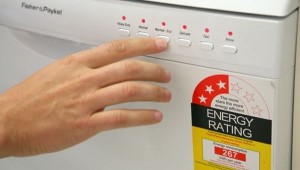
Modern HVAC systems significantly improve energy efficiency using advanced technologies and design features. High-efficiency heat pumps, for example, transfer heat more effectively than traditional systems, reducing the need for excessive energy consumption. Smart thermostats allow for precise control of heating and cooling, ensuring that energy is only used when necessary, and can learn user preferences to optimize performance over time. Variable speed motors adjust their speed to match the heating or cooling demand, saving energy and enhancing system longevity. Additionally, zoned heating and cooling enable specific building areas to be heated or cooled independently, reducing unnecessary energy use.
Reduction in Emissions

HVAC systems considerably impact greenhouse gas emissions due to their significant energy consumption. By improving energy efficiency, eco-friendly HVAC systems help in reducing these emissions. Modern HVAC systems often use refrigerants with lower global warming potential, contributing to a reduction in the overall carbon footprint. By integrating these eco-friendly technologies, IRBIS HVAC systems are crucial in minimizing environmental impact and promoting a more sustainable future.
Innovative Technologies in Eco-Friendly HVAC Systems
Smart Thermostats and Controls
Smart thermostats and controls are pivotal in optimizing energy use in modern HVAC systems. These devices learn user preferences and automatically adjust the heating and cooling settings to maximize comfort and efficiency. By reducing unnecessary energy consumption, smart thermostats help lower utility bills and extend the lifespan of HVAC equipment. Additionally, the benefits of remote monitoring and control mean users can adjust their home’s climate settings from anywhere via smartphones or other devices, ensuring optimal energy use even when they are not at home.
Variable Refrigerant Flow (VRF) Technology
Variable Refrigerant Flow (VRF) technology is designed to provide precise temperature control to different zones within a building. VRF adjusts the refrigerant flowing to each evaporator, allowing for simultaneous heating and cooling in various areas. This adaptability leads to substantial energy savings as the system only uses the energy needed for each zone. VRF systems also reduce emissions by optimizing energy use and often feature advanced compressors and inverters that enhance efficiency. By minimizing energy waste, VRF technology contributes to a lower carbon footprint and greater sustainability.
Implementation and Maintenance of Eco-Friendly HVAC Systems
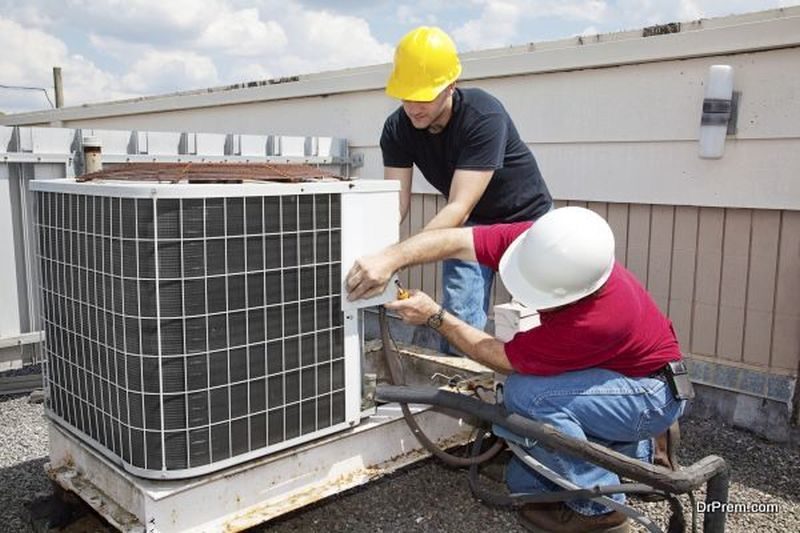
Tips for Choosing the Right Eco-Friendly HVAC System
Selecting the right eco-friendly HVAC system involves considering several factors to meet your needs and environmental goals.
- Start by evaluating the size and layout of your building and your typical heating and cooling demands.
- Look for systems with high energy efficiency ratings, such as those certified by ENERGY STAR.
- Consider the technology that best suits your location and requirements: a ducted system with a smart thermostat and controls or a ductless mini-split.
Consulting with a professional can help you assess these factors and choose a system with optimal performance and energy savings.
Importance of Proper Installation and Regular Maintenance
Proper installation is crucial for the efficient operation of eco-friendly HVAC systems. Incorrect installation can lead to energy inefficiencies, increased operational costs, and potential system failures. Hiring qualified professionals must ensure the system is installed according to manufacturer specifications and industry standards. Regular maintenance is equally important to keep the system running efficiently. Routine checks and servicing, such as cleaning filters, inspecting components, and verifying system performance, help prevent issues, extend the lifespan of the equipment, and maintain its energy efficiency.
Services Offered by IRBIS HVAC for Installation and Maintenance of Eco-Friendly Systems
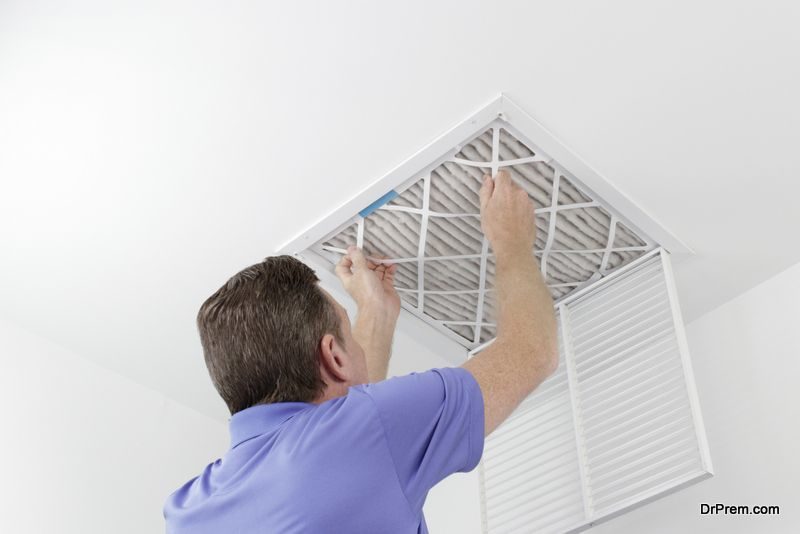
IRBIS HVAC offers comprehensive services to support the implementation and upkeep of eco-friendly HVAC systems. Our experienced technicians provide expert installation services, ensuring your system is set up correctly for maximum efficiency and reliability. We also offer regular maintenance packages tailored to your specific system, which include thorough inspections, cleaning, and performance checks to keep your HVAC system operating at peak efficiency. With IRBIS HVAC, you can trust that your green HVAC system will be professionally installed and meticulously maintained, helping you achieve comfort and sustainability.
Conclusion
Eco-friendly HVAC solutions offer numerous environmental benefits, including enhanced energy efficiency and significant reductions in greenhouse gas emissions. By integrating advanced technologies such as smart thermostats, high-efficiency heat pumps, and variable refrigerant flow systems, these modern HVAC systems help create a more sustainable and eco-conscious living environment.
Sustainable heating and cooling practices benefit the environment, contribute to long-term cost savings, and improve indoor comfort. Individuals and businesses must consider the impact of their HVAC systems and make choices that promote energy conservation and reduced emissions.
At IRBIS HVAC, we are dedicated to providing top-notch eco-friendly HVAC solutions tailored to your specific needs. Our commitment to sustainability and expertise in advanced HVAC technologies make us the ideal partner for your environmental goals. Contact IRBIS HVAC today to learn how we can help you achieve a greener, more energy-efficient future.
Article by Community Writer.


